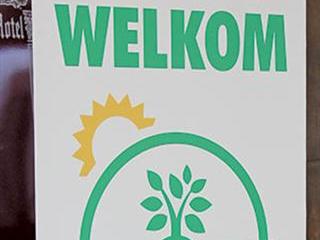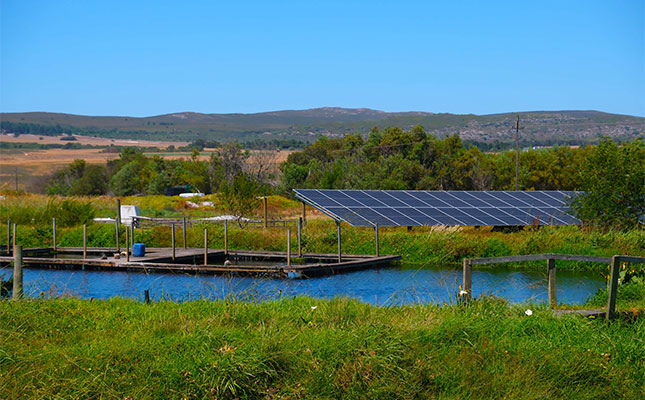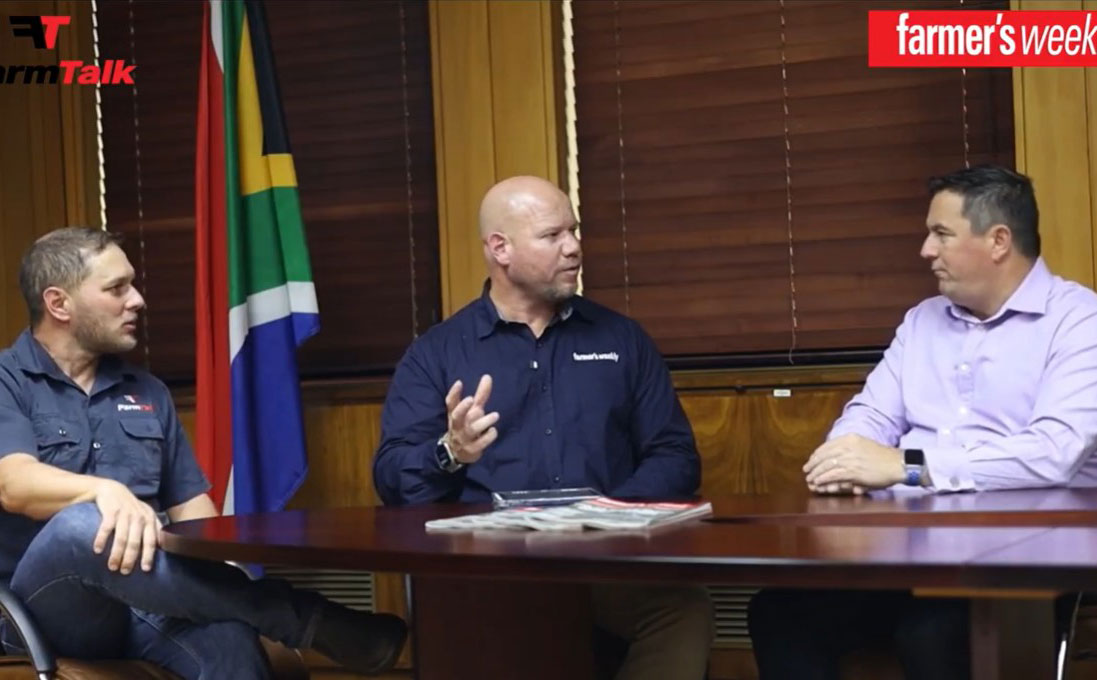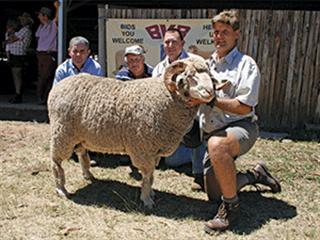The Reserve Bank’s repurchase rate, at which it lends to commercial banks, was kept at a historic low of 5,5%. Prime interest rates, at which commercial banks lend to clients, will be unchanged at 9%. Economists predict this will continue until the second half of the year, albeit with inflation creeping upwards and outside of the Reserve Bank’s target of between 3% and 6%.
Two of the products and services measured for price fluctuations – namely food and non-alcoholic beverages and regulated administered prices – are the main culprits behind the year-on-year headline inflation rate of 6,1% for December. According to Statistics SA, the price of food and non-alcoholic beverages increased by 11,1% in December.
This was mainly due to the increased price of maize and meat, said Agri SA economist Dawie Maree. Jeffrey Schultz, economist at Absa Capital, explained that a lot of processed food is imported and the end of year weakness of the rand against foreign currencies increased the price of processed food. Global and local food prices saw a significant upswing last year, he said.
These prices were passed through to retailers by year end. Regulated administered prices are the other culprit, rising by a staggering 15,2% year-on-year. Administered prices are disproportionately high and must be curtailed in the future, said Lindie Stroebel, economist at the Agricultural Business Chamber. She explained that electricity prices impact irrigation farmers – at the starting point of the food chain – and fuel prices affect the whole value chain – from farm to retailer.
“For example, South Africa’s Durban harbour has one of the highest harbour tariffs in the world. It’s similar to that of Rotterdam harbour, but Rotterdam harbour is far more efficient,” said Stroebel. Schultz expects interest rates to be increased for the first time in the fourth quarter of this year.
“We operate in difficult local and global economic environments. We see there are weak sectors in South Africa, such as manufacturing and mining,” he said, explaining the reasoning behind his prediction. According to Stats SA the inflation rate for the whole of 2011 came to 5,1% – within the Reserve Bank’s target.
Get trusted farming news from Farmers Weekly in Google Top Stories.
➕ Add Farmers Weekly to Google ✔ Takes 10 seconds · ✔ Remove anytime







